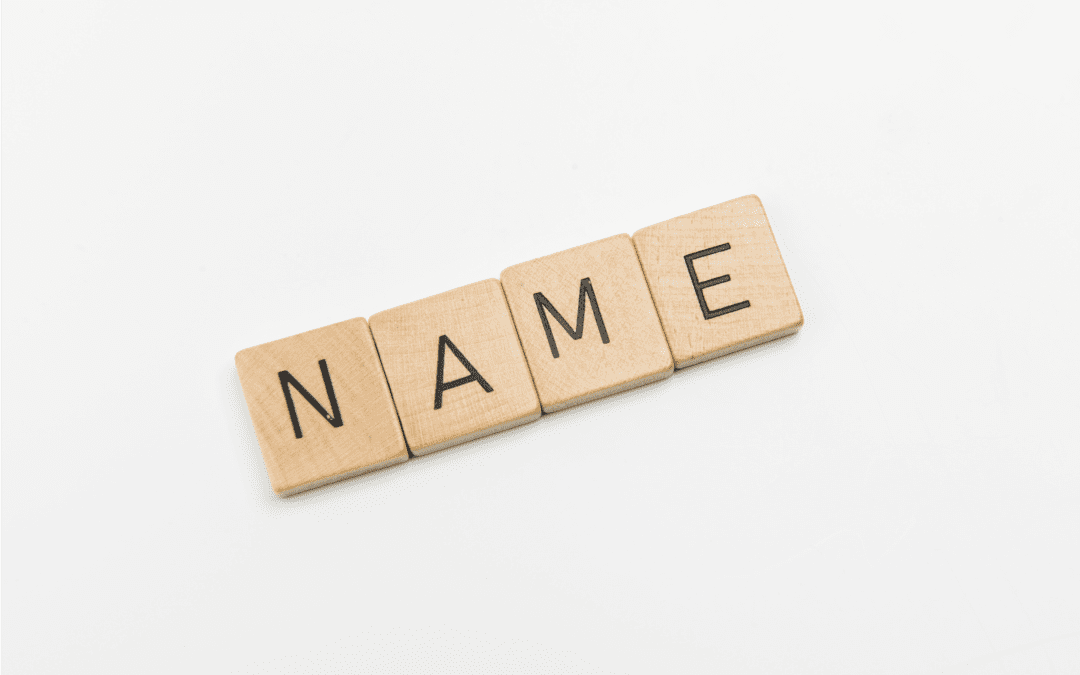I (virtually) attended the annual conference of the National Council on Problem Gambling in July. Here is a recap of some of the presentations. – Susan Sheridan Tucker
Industry Trends
The conference featured a considerable focus on responsible gambling, particularly in light of the expansion of gambling. This includes sports betting and igaming, along with esports and the continued blurring of lines between gambling and video gaming.
Operators, regulators and players are all part of the multichannel platform growth. Technology and an apparent pent-up demand for wagering have hastened the need for increased legalization and regulatory rules that address the desire for operators to make a profit, for states to collect revenue and, most importantly, to protect consumers with comprehensive responsible gambling tools. In Minnesota, no new legislation has passed yet, but it’s just a matter of time. It will be critically important to ensure the legislative language provides for funds to cover prevention, treatment and research, and to insist on best regulatory practices and sharing the aggregate data with the state.
COVID-19 has presented financial challenges to operators and states, who have already seen profits and tax revenues plummet due to brick and mortar closings and the tanking of other sectors of the economy. For the few states that had already passed online gambling legislation, the transition from land-based to online sites was fairly smooth. Early indications show that existing customers and new ones found and used the online alternatives. However, in states without legalized online gambling, players were lured to offshore, unregulated sites which present a myriad of unethical practices; this is one of the arguments for legalizing more forms of gambling. Several states are not only jumping to pass sports betting, but also igaming so they can create an omni-channel market for consumers. If land-based casinos need to shut down for a pandemic or natural disaster, operators can continue to offer their products to customers online, reducing the hit on profits and state tax revenue.
Another trend that’s emerging internationally and creeping into the U.S. is a move to go cashless. The industry prefers this because it minimizes the amount of cash they need to secure on the premises, more consumers are accustomed to using less cash and, with COVID-19, eliminating handling of cash is more sanitary. Cashless systems present opportunities to closely monitor customers’ playing habits and to build in responsible gambling tools during play that may deter players from taking too much risk. However, there are also disadvantages with cashless systems. The availability of on-demand access to digital payments means consumers may increase their spending beyond their means. These new systems also shift more risk to the player and remove protective factors, such as the need to pause the game to replenish cash. If cashless systems are to be adopted, specific consumer protections must be part of the plan.
Some operators are beginning to realize they have a greater responsibility to identify problem gamblers and to talk with them when gambling patterns indicate troubling behavior. In some European casinos, operators are using data to have conversations with players about the risks they’re taking and recommending they take a break, discussing self-exclusion or suggesting they seek help from a professional. The NCPG has developed Guidelines for Payment Processing as a guide to the industry as they begin to adopt these tools and minimize the incidence of gambling addiction.
Generation Z
Those working to prevent gambling disorder need to be aware of the generational characteristics of Generation Z, which consists of people born between 1997 and 2017. This is the first genuine digital generation and is redefining what “winning” means. For this generation, a win equates to a good experience, engagement and bragging rights, but not necessarily winning money. They enjoy games of skill, not chance. It’s expected that esports will explode with this generation because it’s popular with both males and females.
The exposure to online gaming and apparent attraction to “trying out” a game — plus the strategic use of game bonuses — are considered a priming of the pump for gambling once these players are in a position to spend money.
This is a generation that creates and follows influencers – not necessarily the traditional influencers, such as sports figures or Hollywood personalities. Innovative social media (not Facebook) apps rule the way they communicate and, like most generations, they have created their own style of communication that is vastly different than past generations.
Relevant responsible gambling materials/prevention need to reflect this rising generation, educating them early on about potential risks in gaming/gambling.
Why Responsible Gambling Programs Are Essential
Ultimately, responsible gambling programs make good business sense. While the gambling industry seeks to provide an entertaining experience for all who partake, some are clearly unable to do so without causing significant harm to themselves and their loved ones. By adopting robust responsible gambling programs, the industry plays its role in keeping all players healthy, helping to flag issues before customers crash.
Properly designed, a responsible gambling program extends to the regulator, operator, its staff and the player. This shared responsibility helps combat the stigma of gambling disorder that blames the player and leaves them struggling in isolation.
Responsible gambling programs:
- acknowledge the risks up front,
- provide the rules and odds of each game,
- incorporate intervention tools that enable a player to pause and reset, and
- create a mutually beneficial and nonjudgmental relationship to ensure a player’s experience is positive.
The purpose of responsible gambling programs is to create opportunities for safer sustained play. This requires a multi-pronged approach involving understanding the needs of players (from new players to serious players to those who appear in trouble), producing positive messages that invite open discussion of prevention, making materials readily available and knowing when to deliver messaging and/or other resources to a troubled player. A robust responsible gambling program also helps gaming staff enjoy their jobs because it offers them more tools to assist and it builds empathy for their customers.
Ultimately, a responsible gambling program requires a commitment from top leadership with an understanding of the long-term benefit. It also requires regulatory bodies be willing to insist on best practices and enforcement when needed.
Racism in Gambling Disorder/Healthcare
Each day of the conference, a small segment was dedicated to reminding attendees that systemic racism exists in the problem gambling arena, as it does in so many other aspects of our healthcare and economic systems.
Some statistics:
- Black, indigenous and people of color (BIPOC) experience gambling disorder at twice the rate of whites.
- Generational trauma is real, and quite apparent in the African American community.
- Blacks represent 13.4% of the U.S. population, but very few are seeking treatment due to roadblocks, such as mistrust of the system, shame, privacy issues, lack of information and financial concerns.
- COVID-19 has clearly shown that BIPOC are more vulnerable and experience more serious symptoms due to the lack of access to good healthcare throughout their lives.
NCPG has formed a Diversity Equity and Inclusion Committee that advises on issues affecting the Black community, additional communities of color and other marginalized groups. We expect there will be recommendations made in time.
(As a side note, NPGA is reexamining all of its collateral material to ensure it reflects Minnesota’s diversity. In the past year, we have made a concerted effort to portray that diversity in our public service announcements.)
Call For One National Problem Gambling Helpline
NCPG is appealing to states to join its national gambling helpline. Twenty-two states have separate problem gambling helplines, in addition to the national number used by NCPG. These helplines were established over the decades for various reasons. The question is whether it makes sense for each of these states to have separate numbers. Minnesota has its own helpline, which is managed by the Minnesota Department of Human Services and operated through a contractor. While there would be costs with transitioning to a national number — including changing printed and online materials —there are advantages to having one number. A single helpline provides centralized data collection and the assurance that training is consistent and meets best practices.
Oregon Core Competencies For Treatment Providers
In Oregon, a public health authority teamed up with researchers at Lewis & Clark College to develop new guidelines for gambling counselors. The publication, A Guide to Core Competencies for Problem Gambling Treatment Counselors, was created over the course of a year through surveys conducted across the country and the world to compile best practices in treatment counseling.
After consultation with advanced problem gambling counselors, a total of 166 core competencies were identified. These competencies were organized around five primary domains:
- knowledge of problem gambling
- psychoeducation
- basic problem gambling treatment skills
- case management and ethical practice and
- sociocultural awareness and competence.
The full report can be found on our website at NorthstarPG.org under Professional Resources. The state of Oregon intends to use this document as a way to improve the training it provides to gambling counselors.







